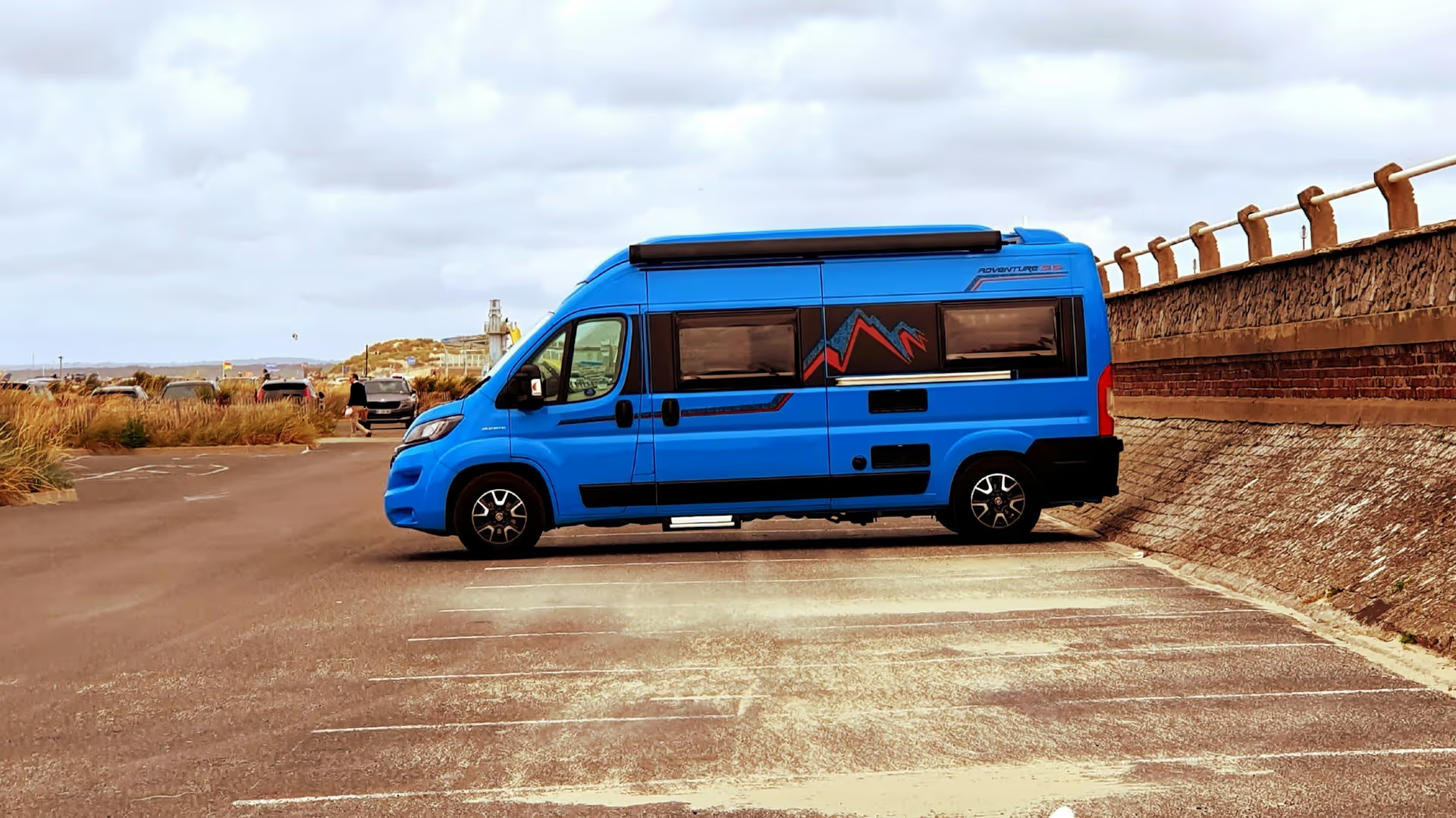Hotel SEO: How to make properties more searchable online

When people search online for a place to stay, the best place for your hotel to appear is at the top of the results page. Search engine optimization (SEO) is what helps your website appear on Google when someone types in keywords like “boutique hotel in downtown Chicago” or “family-friendly hotels near Denver.” The better your SEO, the more likely guests will be to find your website and book directly.
This guide will walk you through the best ways to improve your hotel’s SEO. From choosing the right keywords to creating strong content and optimizing for local search, we’ll cover everything you need to build an SEO strategy that works.
What’s hotel SEO, and why does it matter?
When people search for places to stay, Google and other search engines use various signals to decide which sites to show and in what order. Hotel SEO is the practice of optimizing your hotel website so it appears at the top of search engine results pages (SERPs).
Why does this matter? Because most people click on the first few results they see. In fact, the first five organic (aka unpaid) results on Google get the majority of clicks. If your site isn’t ranking well, you’re likely missing out on a lot of potential guests.
Key aspects of hotel SEO
- Keyword optimization: Using the same words your ideal guests are typing into the Google search bar.
- Local SEO: Using keywords that help you show up in local searches and on online maps.
- Content marketing: Writing helpful blog posts or guides that answer guest questions.
- Link building: Getting trusted websites to link back to yours to improve your site’s credibility.
How to develop an effective hotel SEO strategy
Creating a strong hotel SEO strategy means thinking about several parts of your website and how they work together. Here are the most important areas to focus on.
Keyword research for hotels
Finding the right keywords is the foundation of SEO. Guests might search for terms like “pet-friendly hotels in Montreal” or “budget hotel near Boston.” Tools like Google Keyword Planner or Ubersuggest can show how often people search for these terms.
Keyword research also helps you see which keywords your competitors are targeting. Search for similar hotels and see which keywords they show up for. Tools like SEMrush or Ahrefs can help analyze competitor websites and identify their top-ranking keywords.
Remember to use long-tail keywords (more detailed search phrases). While fewer people search for them, those who get specific with their search tend to book more often because they know exactly what they want. For example, not many people will google “eco-friendly boutique hotel with spa in Whistler”—but the ones who do will be ready to book.
Content and website UX
Take a look at your website’s content and layout. Clear, well-written content is important—not just for visitors but also for search engines. Start by writing strong, keyword-rich meta titles and descriptions that concisely explain your hotel's offerings. These are the first things travelers will see in search results, so choose words that are clear and inviting.
Use secondary keywords in your content to add depth without keyword stuffing (aka overusing keywords in a way that doesn’t read naturally). For example, a page about your suites could also mention luxury amenities or pet-friendly policies.
It’s also important to consider the user experience. Make sure your site is easy to navigate, your booking process is simple, and your calls to action (CTAs) are clear.
On-site SEO for hotels
On-site SEO focuses on the structure of your pages. One of the first things to look at is your header tags. To organize your content, use a single H1 (main heading) on each page, followed by H2s and H3s. This structure helps Google understand your page while making it easier for guests to skim the content.
Another critical factor is how your pages connect. Linking from your blog to your booking page, or from your rooms page to your reviews page, helps users and search engines find your content. A good internal linking strategy keeps people on your site longer by guiding them naturally from one page to the next.
You can also use structured data markup to give search engines extra details, like pricing, star ratings, and guest reviews. That information will appear directly in search results, helping travelers get the info they need without navigating to a new page.
Off-site SEO for hotels
What happens outside of your hotel’s website can impact your SEO, too. Off-site SEO includes backlinks, which are links to your site from other trusted websites. The more high-quality backlinks you have, the more trustworthy your site will look to search engines.
For hotels, this might mean getting mentioned in travel blogs, tourism websites, or local news stories. But SEO ranking isn’t just about quantity—relevance matters just as much. A single link from a respected tourism board is more valuable than dozens from unrelated websites. Over time, building strong backlinks helps improve your domain authority, one of the signals Google uses to rank your content.
Technical SEO for hotels
Even the best content won’t rank well if your site has technical issues. One of the first things to check is your website speed. A slow-loading site may cause visitors to leave before the page even loads, a factor Google takes into account when ranking pages—a load time of under three seconds is ideal. Your site also needs to be mobile-friendly, since many travelers book directly from their phones. A responsive design that works well on any screen size is now standard.
Lastly, make sure your site is secure and easy for search engines to crawl. Using HTTPS and submitting your sitemap to Google Search Console are simple steps that go a long way.
Local SEO for hotels
Because most hotel searches are location-based, local SEO is essential. One of the best things you can do is claim and optimize your Google Business Profile. Adding recent photos, writing a compelling description, updating your contact info, and responding to reviews will improve your visibility on Google Maps and in local search results.
While you’re making these updates, ensure your hotel’s name, address, and phone number (NAP) are consistent everywhere they appear online, including travel directories and your social media profiles. You can also create localized content to stand out, like blog posts about upcoming events in your city or landing pages about nearby attractions. Extras like these give your site more chances to show up in search results.
Measuring your hotel SEO efforts
SEO in hospitality is ongoing, not a one-and-done task. To measure how well your strategy is working, track these key metrics:
- Organic traffic: The number of people who visit your site through unpaid search results. You can track organic traffic with Google Analytics (higher is better).
- Conversions: The number of site visitors completing actions on your website, like booking a room or signing up for your newsletter (higher is better).
- Bounce rate: The number of people who exit your website quickly, an indicator that your site might be difficult to navigate (lower is better).
- Keyword rankings: How well your site performs in search results for your target keywords (higher is better).
- Pages per session: The number of pages a visitor looks at, which signals how engaged with your website they are (higher is better).
Boost your hotel’s strategy with Engine’s Partner Hub
A strong hotel SEO strategy takes time and commitment. There are many moving parts, like keyword research, content writing, and keeping profiles accurate and up to date.
It’s a lot of work, but Engine’s Partner Hub is here for support. With tools and services designed specifically for the hospitality industry, Partner Hub helps you integrate everything so you can spend less time managing your search rankings and focus on delivering an excellent guest experience.
Ready to attract more guests and increase your direct bookings? Join Partner Hub for free today, and get $100 in ad credit when you run your first marketing campaign.





.jpg)




.avif)




.avif)






.avif)

